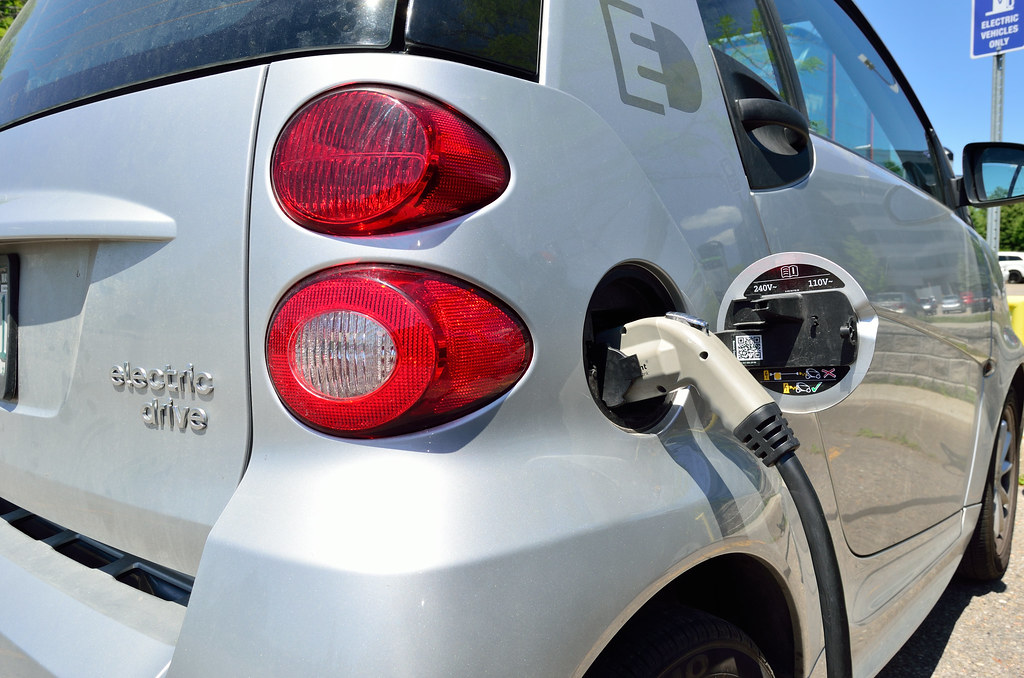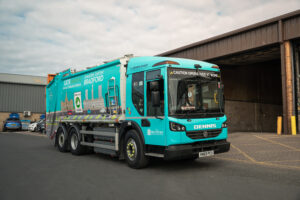According to forecasts by BloombergNEF, electric vehicles will be cheaper to produce than internal combustion engine cars by 2027 due to the decreasing cost of manufacturing batteries and increasingly electric-orientated production lines.
Electric cars will surpass the manufacture of fossil fuel-powered vehicles in cost efficiency by 2027, with stricter emission regulations promising to lead new car sales, a new BloombergNEF study commissioned by Transport and Environment (T&E) has forecasted.
The research found that battery electric vehicles could reach 100 per cent of new car sales across the EU by 2035, if tighter measures around carbon dioxide targets and charging infrastructure is introduced.
Within the next six year, the falling cost of EV batteries and carmaker plants converting to dedicated production lines will make going electric the most economical option, even without government subsidies.
In 2026, larger electric vehicles such as sedans and SUVs will be as cheap to manufacture as petrol and diesel counterparts. By 2027, small electric cars are estimated to also reach this threshold.
Currently the average pre-tax retail price of a medium-sized electric car is £28,914, compared with £16,057 for a petrol equivalent. By 2026, both are forecasted to cost £16,405.
In 2030, the medium-sized electric car is forecasted to cost £14,071, while a petrol car will cost £17,178.
The study reinforces that with tighter emission legislations and an increased rollout of charging points, the sale of electric vehicles could reach 100 per cent of new sales by 2035. If no strong policies are administered, electric cars are estimated to reach just a 85 per cent market share by 2035, risking Europe’s aim to decarbonise by 2050.
A recent poll shows that 63 per cent of urban residents in Europe would support a ban in the sale of internal combustion vehicles after 2030. At least seven carmakers and 10 European countries have voluntarily announced plans to phase out petrol and diesel cars, yet there remains no overarching EU commitment.




